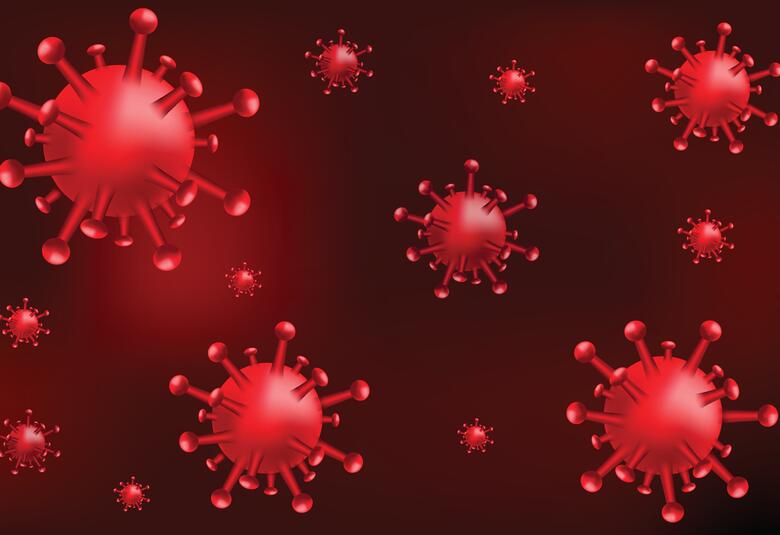Speech problems can appear before classical Parkinsonian symptoms and are a sensitive marker of neurodegeneration. Along with abnormal speech, disorders of swallowing are seen in 90% or more of people with clinical PD. Dysarthria and dysphagia both damage quality of life. The latter may also cause life-threatening aspiration pneumonia.
One of the most complex human skills, speech requires the co-ordinated interaction of around a hundred different muscles, and is highly sensitive to developing disorders of the brain. In the case of Parkinson’s Disease (PD) PD, the problem is largely that of hypokinetic dysarthria arising from lesions in the basal ganglia and nigrostriatal systems.
Dysarthrias are found in 90% of PD patients. Though patients differ, a typical picture is of weak or breathy voice accompanied by non-melodic speech and poor articulation, and possibly also by hesitations, analogous to difficulties initiating walking, and short rushes of speech analogous to festinations.
Speech in PD shows abnormalities analogous to those with gait
Altered speech an early biomarker
Abnormalities of speech are an early feature of the disease. A study in press shows that in rapid eye movement behaviour disorder, which is often considered prodromal PD, speech alterations distinguish with 96% sensitivity and 76% specificity between people with the condition and healthy controls.
Speech difficulties limit communication and social interaction and hence quality of life. In advanced disease, dysarthria can be accompanied by disabling problems with swallowing. These arise from reduced motility of the tongue, hesitancy and difficulty in bolus formation and delayed pharyngeal response.
Throat clearing and the cough reflex are also impaired, resulting in silent aspiration and risk of pneumonia. Problems can be visualized through a videofluoroscopic swallowing studies.
Abnormalities of speech correlate with the bradykinesia subscore of the Unified Parkinson’s Disease Rating Scale. Dopaminergic therapy can produce short-term improvement in articulation and voice strength, but neither dysarthria nor dysphagia responds well to levodopa or dopamine agonist treatment, especially in advanced disease. Deep brain stimulation may worsen both speech and swallowing.
Both dysarthria and dysphagia are neglected motor symptoms
Teamwork needed for management
But speech volume can be improved by therapy designed to increase the strength of muscles involved in articulation and by exercises to improve breathing; and speech tasks such as phonation and syllable repetition can enhance articulation and intonation.
Swallowing can also be helped by exercises to improve neuromuscular control of the tongue. Posture should be upright during eating and high-risk foods such as nuts avoided. Sipping drink through a straw eliminates the backward tilt of the head which makes swallowing more difficult.
Both dysarthria and dysphagia are neglected examples of problematic motor symptoms in PD. Teamwork involving neurologists and ENT specialists, together with speech and occupational therapists and – in the case of dysphagia, also a nutritionist – can help patients deal with difficulties.
Our correspondent’s highlights from the symposium are meant as a fair representation of the scientific content presented. The views and opinions expressed on this page do not necessarily reflect those of Lundbeck.




